Q&A: Eugene Kaspersky on taking on the big boys
Kaspersky's chief executive tells IT PRO about how his company plans to climb the security ladder, toppling the likes of Symantec and McAfee along the way.
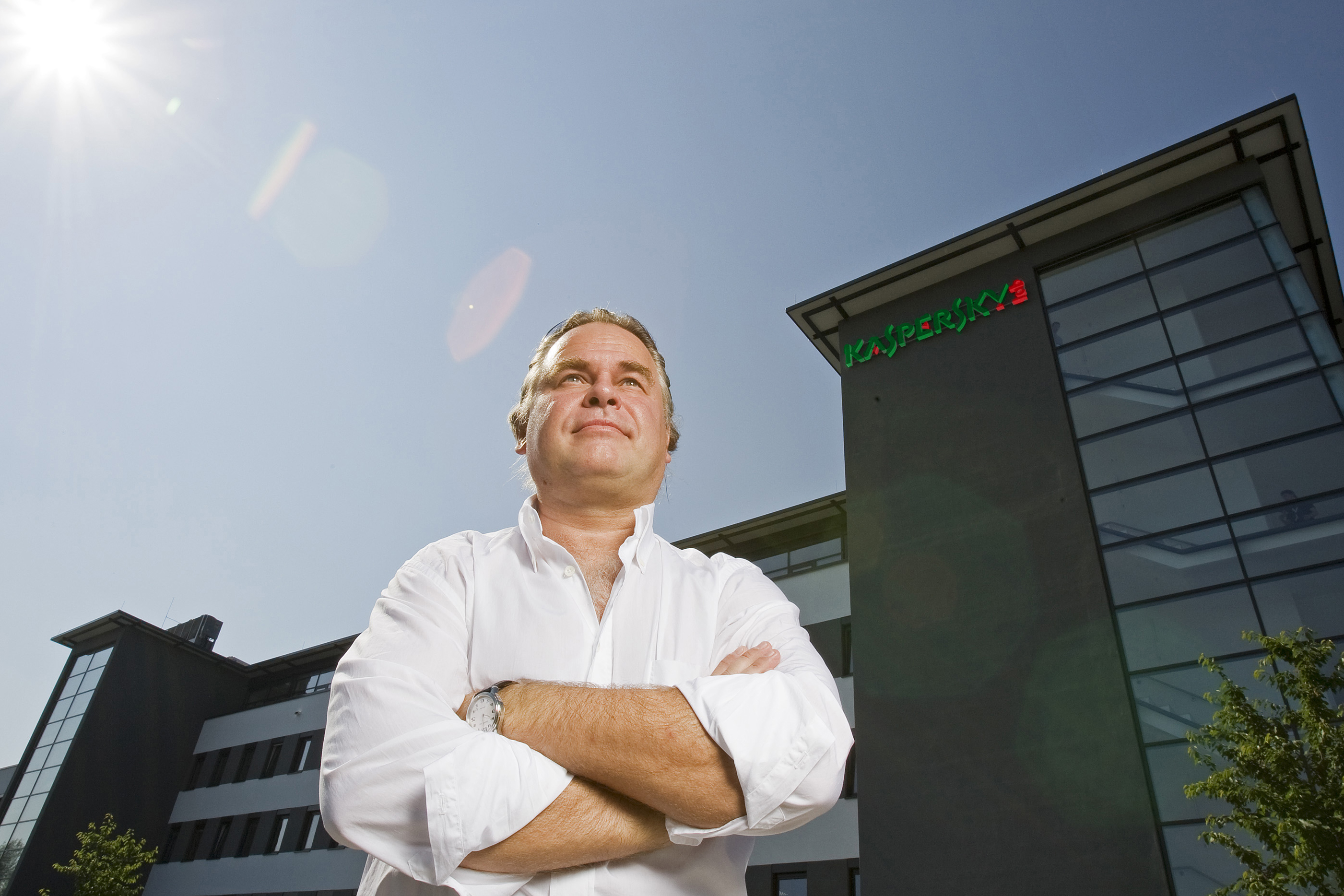

Everyone will. Most people will take it.
The Stuxnet story, as far as I know... they were disconnected from the internet. So the lesson is to have a very strict policy over new data which you upload to critical IT systems.
If you need to upgrade the system, take it offline, upgrade, double check and then get it back [up and running]. It's better to have a more secure operating system in this environment, maybe a dedicated operating system, which has very strict security regulation. Only a limited set of applications can be used, they must be signed and only a limited set of people has access to the system.
It is much more expensive to develop such a system but [without one] the risk is much higher.
New security technologies are not there to replace existing technologies. They are a new layer of protection. Like a seat belt in a car. It's not a replacement for the airbag.
You've been talking about cloud computing here at InfoSec. What do you see as the benefits of cloud-based security technologies?
Our view on new security technologies is that they are not there to replace existing technologies. [They] are a new layer of protection. Like a seat belt in a car. It's not a replacement for the airbag.
Get the ITPro daily newsletter
Sign up today and you will receive a free copy of our Future Focus 2025 report - the leading guidance on AI, cybersecurity and other IT challenges as per 700+ senior executives
We have mainly cloud-based technologies now in our products... Cloud-based technologies recognise that there are different people, different countries, different places to download executables from, not just the source They recognise that new software is being spread through the internet.
With these we can stop new malware within a few minutes. We can stop it before it is run on computers.
Traditional technology protects you after some time. This cloud technology protects you immediately. It protects you against most of the malware but not 100 per cent.
There are some high-end malicious technologies, which are not possible to stop in this way. For example, polymorphic malware, malware which mutates.
With cloud technologies it is possible to stop most cyber criminals.
Tom Brewster is currently an associate editor at Forbes and an award-winning journalist who covers cyber security, surveillance, and privacy. Starting his career at ITPro as a staff writer and working up to a senior staff writer role, Tom has been covering the tech industry for more than ten years and is considered one of the leading journalists in his specialism.
He is a proud alum of the University of Sheffield where he secured an undergraduate degree in English Literature before undertaking a certification from General Assembly in web development.
-
 Enterprises face delicate balancing act with data center sustainability goals
Enterprises face delicate balancing act with data center sustainability goalsNews High energy consumption, raw material requirements, and physical space constraints are holding back data center sustainability efforts, according to new research from Seagate.
By Emma Woollacott
-
 Cleo attack victim list grows as Hertz confirms customer data stolen
Cleo attack victim list grows as Hertz confirms customer data stolenNews Hertz has confirmed it suffered a data breach as a result of the Cleo zero-day vulnerability in late 2024, with the car rental giant warning that customer data was stolen.
By Ross Kelly
-
 Power stations under attack from long-running hacking campaign
Power stations under attack from long-running hacking campaignNews Dragonfly threat group is ramping up activities, say researchers
By Adam Shepherd
-
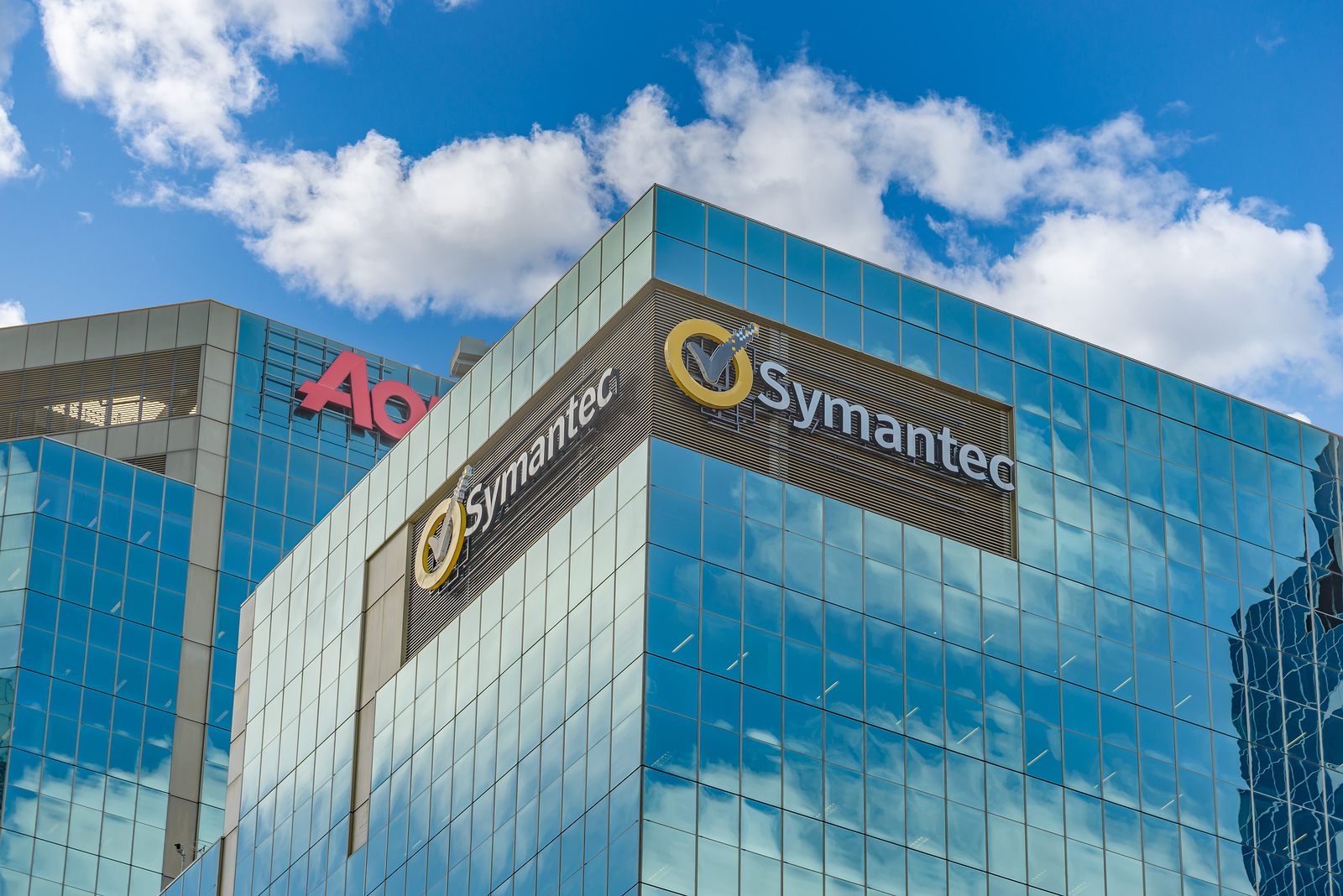 Symantec profits surge as firms prop up their cyber defences
Symantec profits surge as firms prop up their cyber defencesNews The company also announced plans to sell its web certificate business
By Dale Walker
-
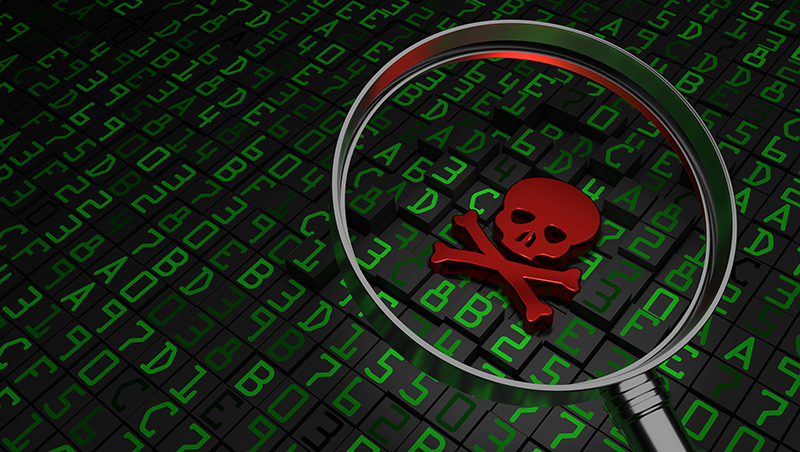 Windows Troubleshooting Platform 'is serving malware'
Windows Troubleshooting Platform 'is serving malware'News Troubleshooting service used as a pathway to con victims into downloading malware
By Jane McCallion
-
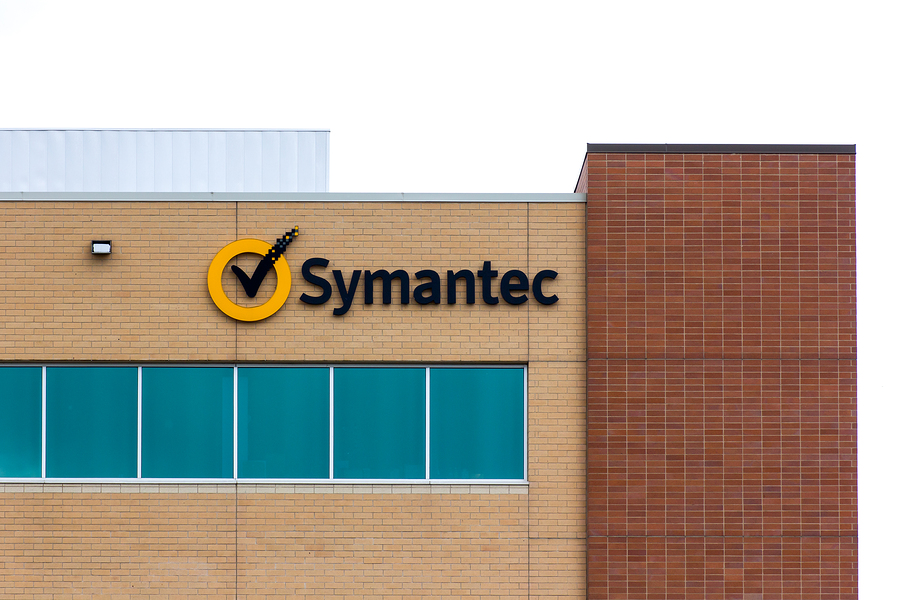 Symantec to pay $4.65 billion to acquire Blue Coat
Symantec to pay $4.65 billion to acquire Blue CoatNews Greg Clark to become Symantec CEO, promising new cloud security
By Aaron Lee
-
 Symantec ditches reseller guilty of scamming PC users
Symantec ditches reseller guilty of scamming PC usersNews Silurian told people they had malware, then sold them Norton Antivirus for $249
By Joe Curtis
-
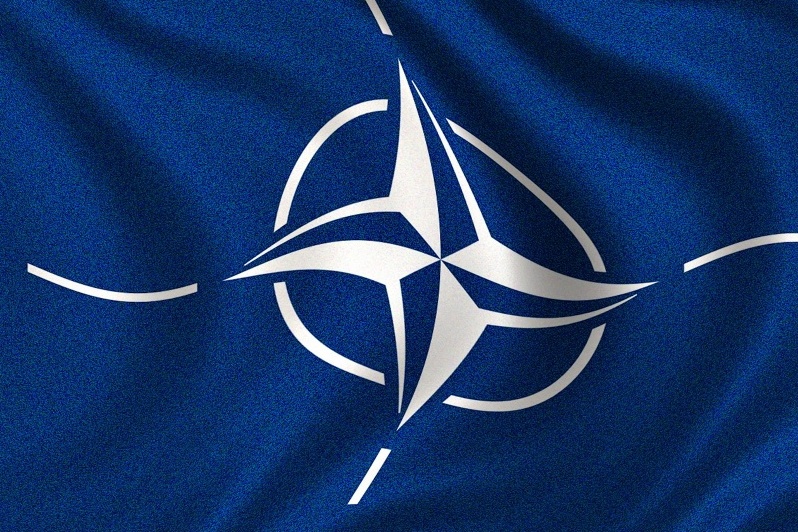 NATO builds up cyber alliance with Symantec tie-in
NATO builds up cyber alliance with Symantec tie-inNews Military industrial link up to fight cyber attacks
By Rene Millman
-
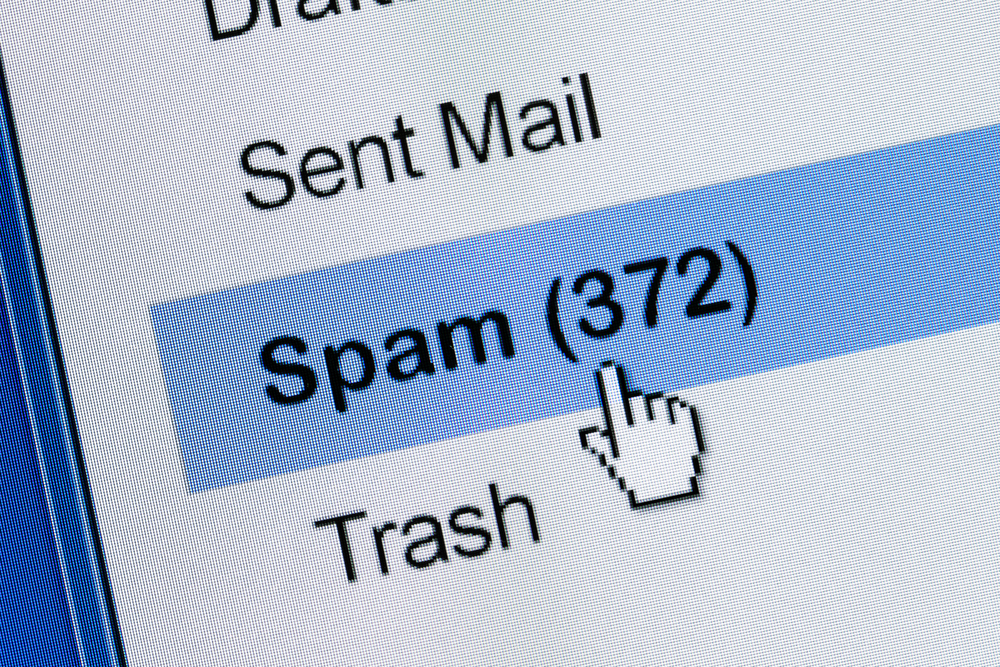 Junk emails fall to their lowest rate in 12 years
Junk emails fall to their lowest rate in 12 yearsNews Spam is dropping, says Symantec, but other malware threats are on the rise
By Joe Curtis
-
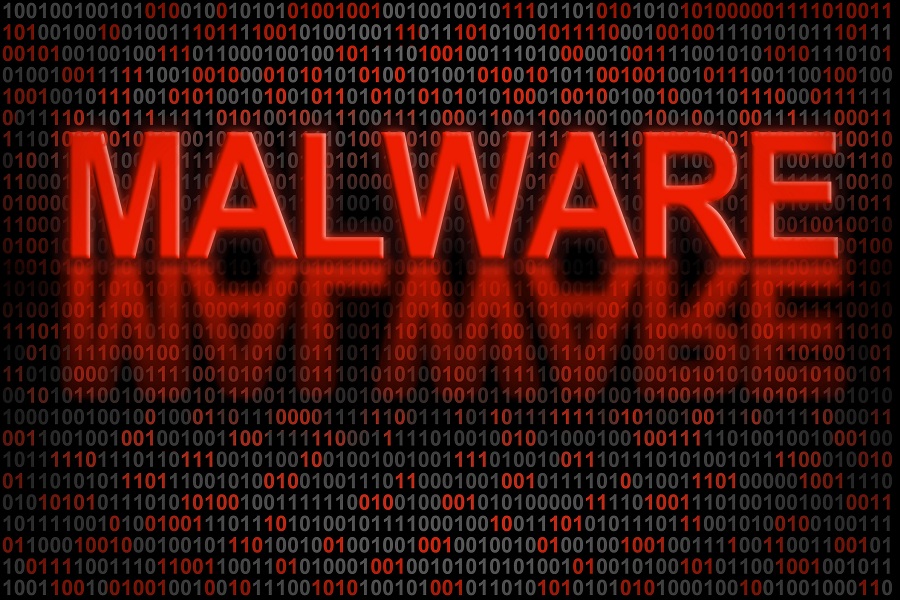 Kaspersky: "We have never been asked to whitelist malware"
Kaspersky: "We have never been asked to whitelist malware"News A company blog has revealed neither government nor any other entity has asked it to stop detecting malware
By Clare Hopping